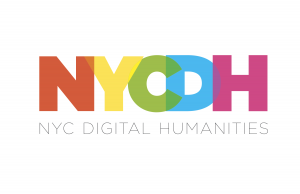A DIY Digital Maps Primer
New York Public LibraryIn this workshop you learn how to bring paper maps to the web and annotate them with data. The end result will look something like this. In the process you will learn about: the process of “geo-referencing” or converting a scanned map to a web-map-friendly image generating data to use as annotations in the map […]

